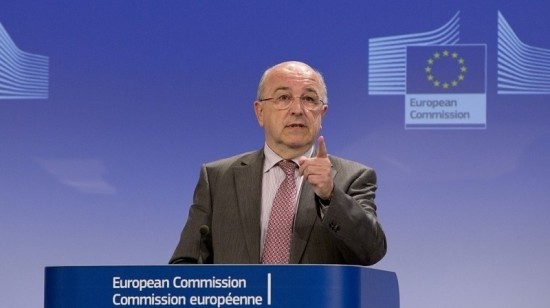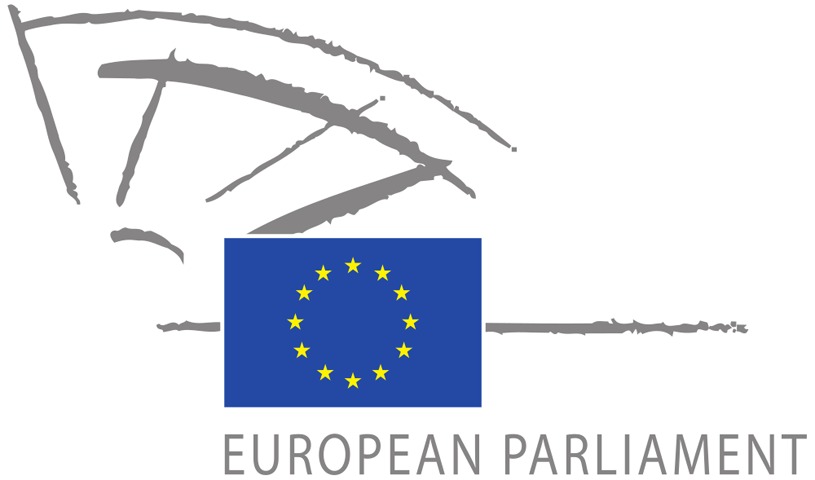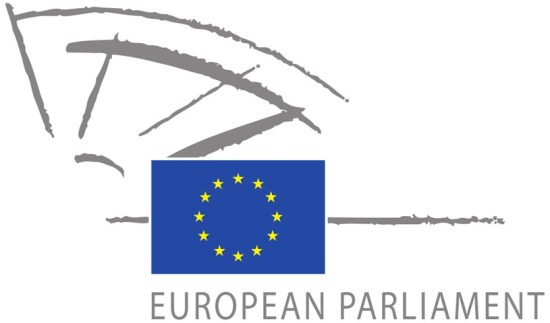The benefits of a European Parliament are mixed – on one hand the economy is checked and scrutinized for fairness and increased competition between companies, and on the other, as is the subject of this article, resolutions often appear forcing foreign businesses to change their practices within the EU zone.
Today’s resolution from the EU parliament doesn’t directly order any one company to do anything – however, it does require search engines to be ‘unbundled’ from other commercial services in order to level the playing field.
SEE ALSO: BT Reportedly In Talks To Buy Back O2
This means, basically, that any large company offering a search engine, will have to make the search engine itself a separate corporate entity, ‘unbundling’ it from their main commercial enterprises so it can be scrutinized and forced to operate fairly.

Given Google’s 90% dominance of search engine activities, it does seem like their company is the main target – indeed the ‘right to be forgotten’ ruling has already targeted the company within the EU, forcing Google to remove links at the behest of injured parties.
On top of that, previous EU pressure has also forced Google to make sure competitors appear fairly in search engine rankings, and if the ‘unbundling’ goes through, blanket rulings aimed at all search engines will be much easier to apply.
However, as such as the US protests and tries to label the EU parliament as a draconian economic enforcer, the parliament itself has very little power – as with the United Nations, the EU Parliament does not have the power to both create or enforce actual concrete legislation in any country, nor does it have the power to force Google, or any corporation, to do anything.
Although there is little doubt the pressure the parliament can exercise does get results – it’s quite the diplomatic affair, with EU countries hoping to please the parliament by leaning towards their resolutions, and others who can stand on their own such as Britain, not so much.
The US has already accused the EU Parliament of ‘politicizing an antitrust issue’ referring to the continuing fight against monopolies within the Eurozone, with the US Mission to the EU wagging their finger and saying “It is important that the process of identifying competitive harms and potential remedies be based on objective and impartial findings and not be politicized,”.
SEE ALSO: UK Govt. Proposing IP Tracking Laws
Whether the issue is political or not, a lot of people think that in the wake of the financial unrest within Europe during the last few years, a cautious attitude to foreign economic interests in such important digital businesses is prudent.
At any rate, Europe is the domain of Europeans, and no matter how upset the US gets that Europeans want to decide how business is conducted in Europe, it’s still the EU’s call.
It’s also more than a little ironic when multinational US corporations call the EU parliament ‘bullies’…
Via: Techspot
Via: CNET


